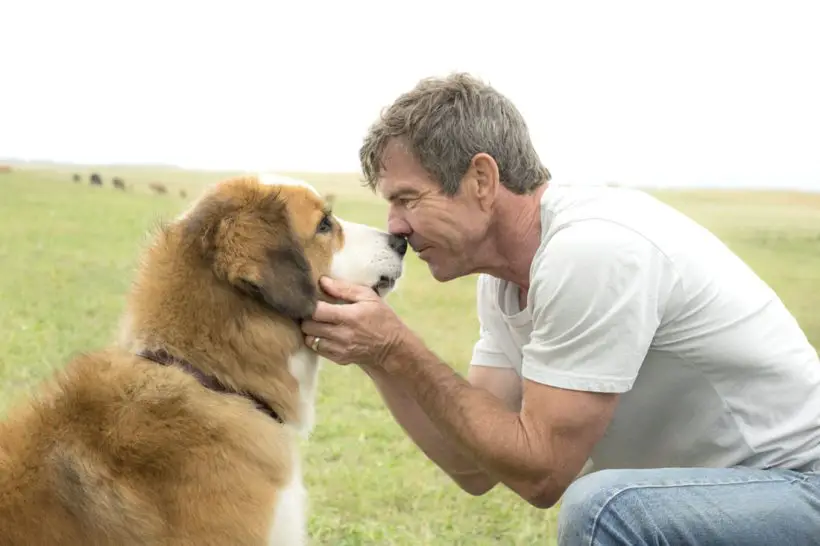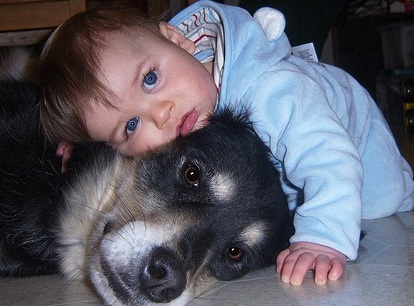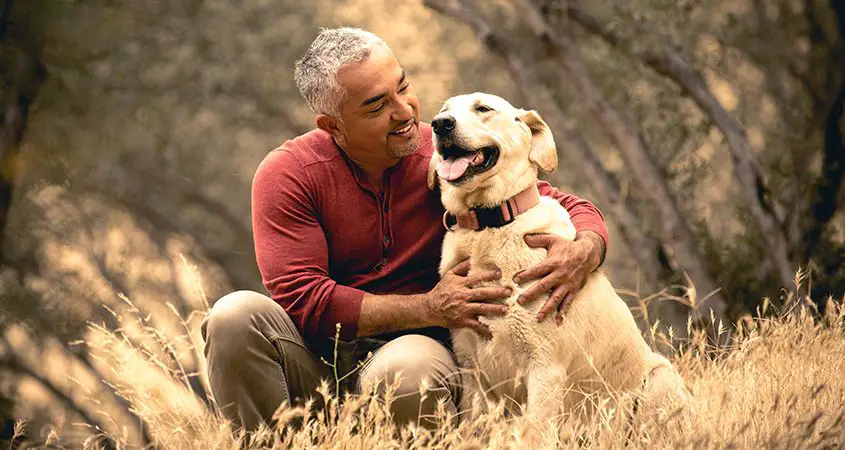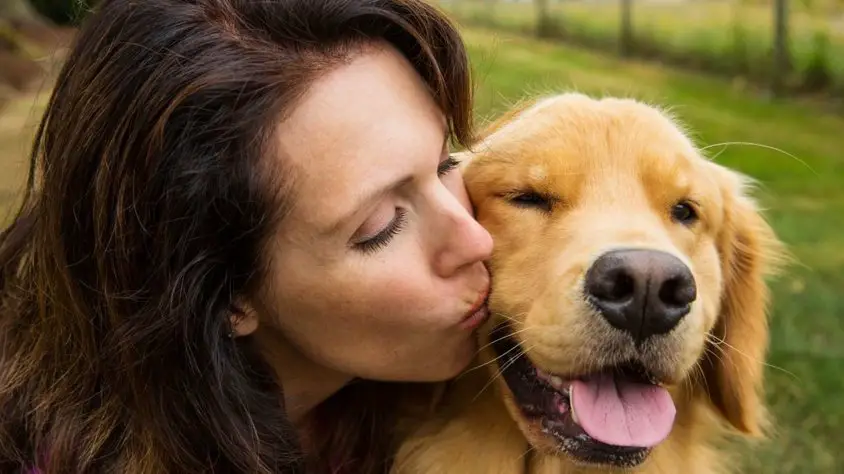Consider the possibility that a human and a dog stood next to each other and both needed help, however you could just choose one. It wouldn’t be a simple choice, right? Some studies show that when it comes to empathy, numerous people pick dogs over other people. Does that surprises you?
Sociologists and anthropologists from Northeastern University and the University of Colorado thought why, when reports of creatures in need make headlines, the shock and reaction level is sometime higher than when tragedies affect people.
The scientists requested that 256 students read an invented news report, and uncover their levels of compassion for a severely beaten grown-up or kid versus a grown-up canine or puppy.

The outcomes: The students felt more compassion toward the dogs than the grown-up human. The investigation says, “We also discovered more compassion for casualties who are human children, puppies, and adult dogs than for casualties who are grown-up people. Age also has a different effect when it comes to compassion toward human casualties, yet not for dog casualties.”
The study also says a British philanthropy which likewise directed its own dog-versus-individual empathy analyze. It ran a fundraising campaign promoting two forms of the same ad.
As indicated by the research, “Both contained content that read, ‘Would you offer £5 to save Harrison from a slow, painful death?’ One ad highlighted a photo of the real Harrison Smith, an eight-year-old kid diagnosed to have Duchenne (Muscular Dystrophy). The other highlighted a stock photograph of a puppy.

At the point when the ads kept running on MSN’s United Kingdom site with links to donate to the charity, the one showing the puppy pulled in twice the same number of clicks as the one with the kid (230, compared with 111).”
For what reason would people pick dogs over people? The investigation pontificates: “It might be that numerous people assess puppies as helpless, no matter their age, when compared with grown-up people. As it were, dogs, whether youthful or grown-up, are viewed as having a significant number of similar characteristics related with human infants; they are viewed as unfit to completely protect themselves, compared to grown-up people.”
Psychotherapist Justin Lioi agrees. “We are inclined to empathize with somebody whom we regard to have little blame for their conditions,” Lioi disclosed to I Love My Dog. “Dogs and babies are the meaning of didn’t-asked-for-this and we will probably hurry to help them.”

Dr. Kathrine McAleese, a sociologist and psychotherapist, has customers who work broadly with dogs. She said she sees this regularly. “People who fit this current investigation’s results will regularly see animals as innocents and people as not having a similar innocence,” McAleese disclosed to I Love My Dog. “When I ask them for what good reason they will spend cash on their puppy’s wellbeing, fitness, food, yet not on themselves, the staggering answer I get is ‘because he earns it.'”
McAleese includes dog trainers have told to her how they battle to have tolerance or compassion for the owner, yet have infinite patience for the puppy. “Why? The dogs can’t talk up for itself, so they are the puppy’s advocate,” she said.
The study results didn’t surprised behaviorist and animal coach, Russell Hartstein either. He revealed that: “Dogs give unconditional love and most of the times people form strong bonds with their pet than with another human.”

Hartstein said a large number of his customers take such great care of their pets, that it’s similar to how some take care of their children. “From going to school for behavior and training, health, food, improvement and play, individuals form close private bonds with their closest companions.”
What about you, do you feel the same? Leave your thoughts in the comments section below.
